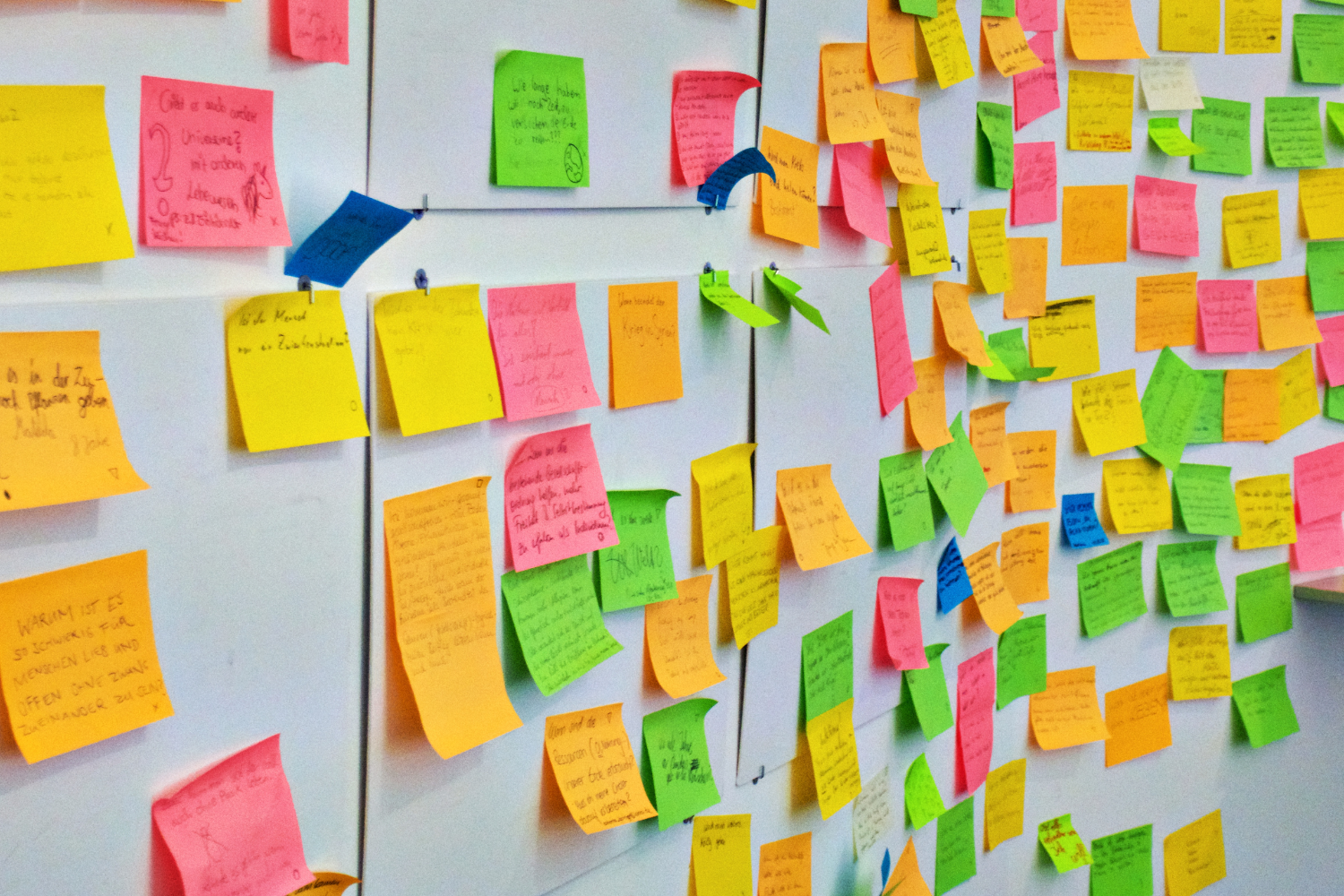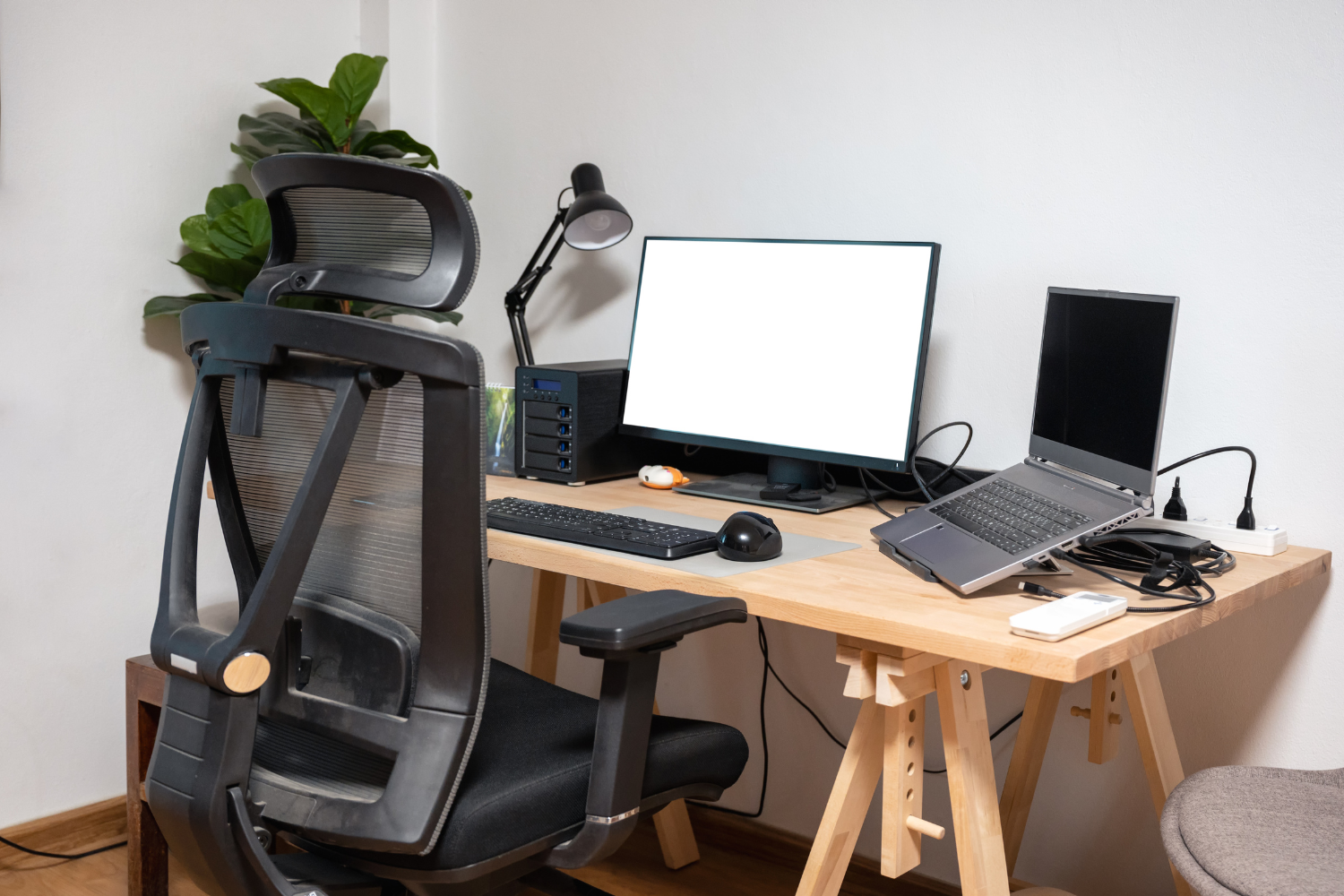Hiring remote Filipino professionals takes more than asking common job interview questions. Many Filipino professionals value politeness and indirect communication, which may sometimes make it harder to assess skills and fit using typical Western interview approaches. To avoid hiring mistakes and wasting time, employers need interview questions that reflect cultural awareness, support self-awareness, and help uncover how a candidate handles specific tasks, time management, and pressure.
This guide offers sample Filipino interview questions with explanations to help you assess the right fit, understand the candidate’s background, and hire qualified candidates who align with your company culture and business goals.
Why You Need Culturally-Calibrated Interview Questions
U.S. employers often follow the same hiring process they use at home, assuming that strong resumes and clear answers are enough. However, with Filipino candidates, this approach can miss key strengths or overlook warning signs. Many job seekers are polite and eager to please, which can make interviews feel smooth even if the candidate isn’t the right fit.
Cultural norms like “smooth interpersonal relationships” (SIR) encourage avoiding conflict and keeping conversations agreeable. In job interviews, candidates might say what they think the employer wants to hear instead of being honest. To assess a candidate’s skills and commitment accurately, you must ask questions that match Filipino communication styles while still getting to the truth.

Interview Questions to Evaluate Time Management & Autonomy
Time management and independence are crucial when hiring virtual assistants, marketers, or developers who won’t be closely supervised. Asking questions that explore daily habits and project ownership helps identify candidates who are self-directed, detail-oriented, and able to manage their workload without constant follow-up.
“Walk me through a typical remote workday—how do you structure your tasks?”
This question helps assess a candidate’s time management and ability to plan their day without direct oversight. Look for signs that the applicant understands priorities, uses project management tools, and can stay on track across different tasks and deadlines.

“Tell me about a time you managed a project independently. What worked and what didn’t?”
This prompt gives insight into how candidates approach specific projects, handle pressure, and evaluate their work. It also reveals their self-awareness and whether they take responsibility for results or blame others when things go wrong.
“How do you stay focused when working from home?”
Remote roles require more than skills—they need discipline. This question helps you understand the environment the candidate works in and what they do to stay productive. Do they have routines, tools, or habits that help them avoid distractions and complete tasks on time?
These questions give you a deeper understanding of the candidate’s daily habits and help you avoid hiring someone who looks good on paper but struggles to meet expectations in a real remote setup.

Interview Questions to Assess Communication & Clarity
Strong communication is one of the most critical skills for remote Filipino professionals. Since most Filipinos speak English, many U.S. employers assume there won’t be any issues. However, clear communication also means confirming details, asking questions, and adjusting for time zones and cultural differences. These questions help reveal how the candidate handles all of that.
“How do you ensure clear understanding when your manager is in a different time zone?”
This question helps gauge how the candidate avoids confusion when working asynchronously. Look for answers that mention sending written summaries, confirming the next steps, or using communication tools to follow up without needing real-time replies.

“Describe a time you had to adjust your communication for a Western client.”
A good candidate can adapt their style to different audiences. This question shows how they handle tone, language, and expectations when working with international clients—especially those used to direct feedback and faster decision-making.
“What tools do you use for communication, and how do you use them effectively?”
Virtual assistants, marketing staff, and support team members should be comfortable using Slack, Zoom, email, or similar platforms. Look for answers that show the candidate uses these tools not just to chat but to share updates, clarify tasks, and maintain a smooth workflow.
These questions help you assess the candidate’s ability to explain things clearly, stay aligned with the team, and handle communication independently without wasting time.

Questions That Reveal Technical & Infrastructure Readiness
Even strong candidates may struggle to perform consistently without a stable work setup. Many Filipino workers deal with power outages or slow internet, so it’s important to ask direct questions about their environment. These will help you confirm that the person can actually perform the job without constant interruptions.
“Can you describe your home office setup, including internet speed and power backup?”
This helps confirm if the candidate has a reliable internet connection and basic backup systems. A strong answer should include fiber internet, an uninterruptible power supply (UPS), and a quiet, dedicated workspace with the tools needed to do the job well.
“What’s your plan if your internet or power goes out during an important task?”
Ask this to assess how prepared they are for emergencies. Look for answers that include mobile data as backup, access to a co-working space, or specific steps they take to notify the team if something goes wrong.
“Do you work from a quiet, dedicated space?”
Candidates who mention working from cafés or shared rooms might face distractions or audio issues during meetings. Most remote roles benefit from a setup that allows for uninterrupted focus, especially for roles involving data entry, project management, or digital advertising.
These questions help identify candidates who are more likely to start working without delays and who appear prepared for common infrastructure challenges.

Questions That Explore Cultural Fit & Adaptability
Hiring someone with the right skills is essential, but so is finding someone who fits your company culture. Remote work often requires adjusting to different expectations, direct feedback, and collaboration styles. These questions help you explore how flexible and open the candidate is.
“What’s something you’ve learned about working with American or Western clients?”
This question helps you understand if the candidate has experience with Western business norms. Look for signs of curiosity, continuous learning, and a willingness to adapt—not just surface-level answers.
“How do you handle feedback from managers who are more direct than you’re used to?”
Good remote workers don’t get defensive. They listen, adjust, and grow. This question reveals the candidate’s attitude toward feedback and whether they see it as a big part of employee growth.
“Can you give an example of adjusting to a new work culture or environment?”
This shows the candidate’s ability to learn in unfamiliar situations quickly. Look for examples that show awareness of company expectations, thoughtful questions about how things are done, and a positive attitude toward change.
These questions help you spot candidates who will thrive in a new VA or support role, even when company systems or expectations vary depending on the client or industry.

Scenario-Based Questions for Real-Life Problem Solving
Real-life scenarios give a deeper understanding of how a candidate thinks and acts during tough situations. These questions help assess decision-making, flexibility, and how the applicant handles pressure when support isn’t available right away.
“If you receive unclear instructions and your manager is offline, what do you do?”
This shows the candidate’s ability to handle ambiguity and avoid delays. Look for answers that include reviewing past messages, checking standard procedures, or sending a follow-up email with clarifying questions. It also reveals if they take initiative or wait passively.
“Imagine you’re behind schedule and can’t reach anyone—how do you handle it?”
Time management and accountability are key here. A good candidate will explain how they prioritize tasks, adjust their workflow, or communicate progress updates proactively. You’ll also learn how they manage stress without constant check-ins.
“A client requests something that conflicts with company policy—how would you respond?”
This tests judgment and commitment to the company. Look for someone who calmly explains the limits, offers alternative solutions, and informs their manager. The goal is to find a candidate who can protect your business while staying professional with clients.
These scenario-based questions can help reveal whether candidates are comfortable solving problems, working independently, and using good judgment without needing to be told every step.

Interview Smarter, Hire Stronger
Finding the right fit often starts with asking interview questions tailored to Filipino candidates. Instead of relying on surface-level answers, use culturally aware prompts to assess communication, judgment, readiness, and adaptability. This helps you find people who meet your job requirements, fit your team, understand expectations, and bring long-term value to your business.
Frequently Asked Questions
What are good interview questions for hiring Filipino remote workers?
Ask about time management, communication tools, infrastructure, and cultural fit.
How do I know if a Filipino candidate is being honest in the interview?
Watch for specific examples and avoid questions that only require yes-or-no answers.
Why do Filipino applicants avoid talking about weaknesses?
Some Filipino applicants may avoid direct self-criticism due to a preference for maintaining polite and harmonious interactions.
How should I ask about remote work setups without sounding invasive?
As part of the job expectations, ask about tools, internet speed, and workspace.
What signs show that a Filipino candidate can work independently?
Look for answers that show time management skills, initiative, and real experience with remote tasks.
References
- Institute for Labor Studies. (2025). 2022 Working Papers – DOLE ILS Official. https://ils.dole.gov.ph/publications/working-papers/2022-working-papers
- Magtibay-Ramos N. (2007). An Analysis of the Philippine Business Process Outsourcing Industry. https://www.adb.org/publications/analysis-philippine-business-process-outsourcing-industry
- Pertierra, R. (1997). Explorations in Social Theory and Philippine Ethnography. https://philpapers.org/rec/PEREIS-2
- Philippine Statistics Authority. (2025). Education Mass Media. https://psa.gov.ph/statistics/education-mass-media
- Philippine Institute for Development Studies (PIDS). (2024). Think tank says PH connectivity still lags behind in Asia. https://www.pids.gov.ph/details/news/in-the-news/think-tank-says-ph-connectivity-still-lags-behind-in-asia
- Technical Education and Skills Development Authority (TESDA). (2023). The National Technical Education and Skills Development Plan (NTESDP) 2023-2028. https://www.tesda.gov.ph/About/TESDA/47




